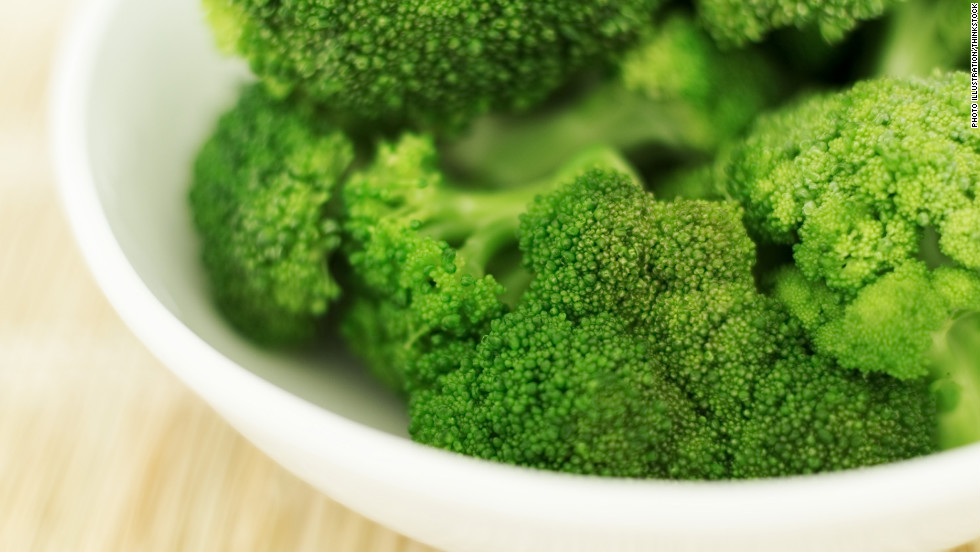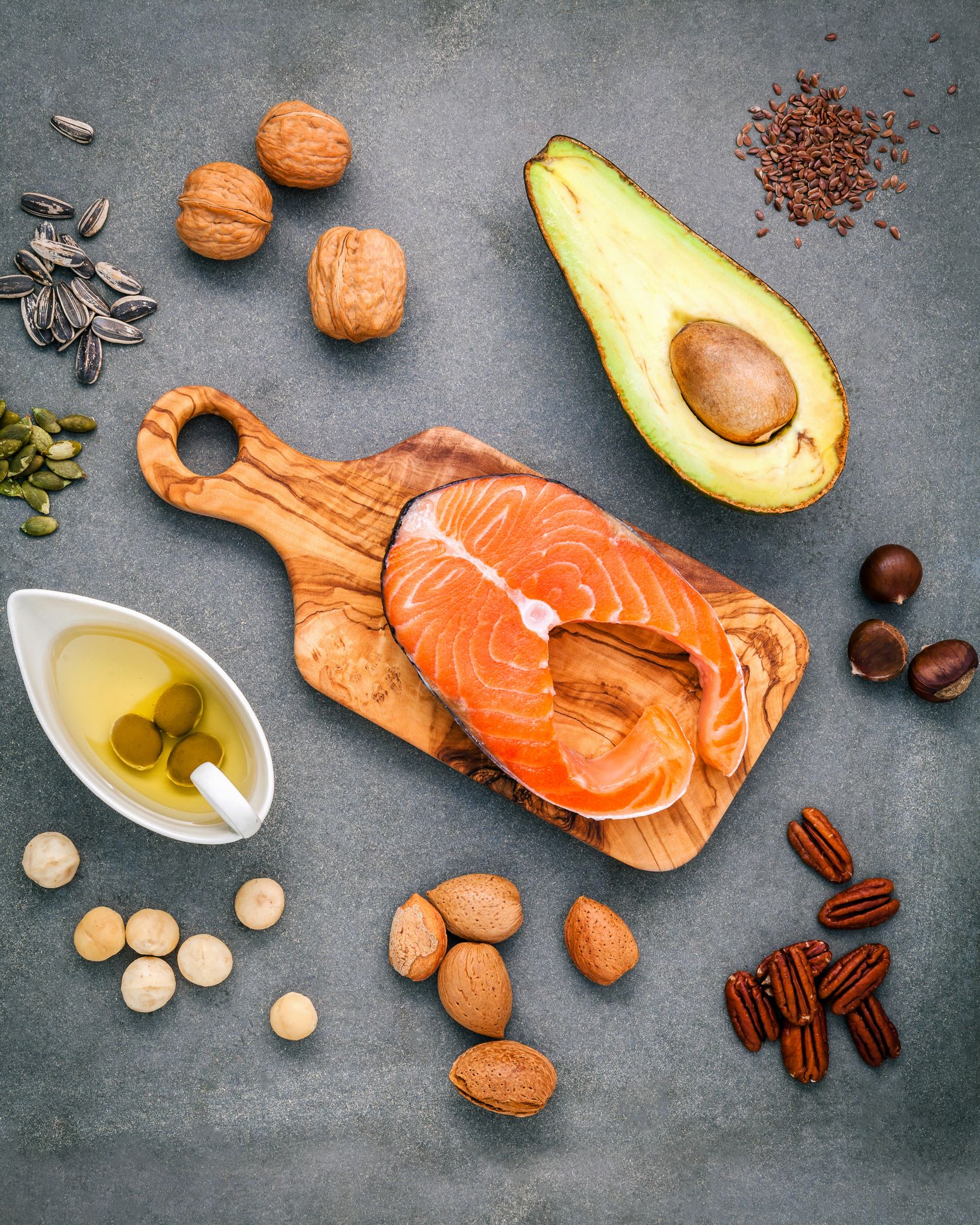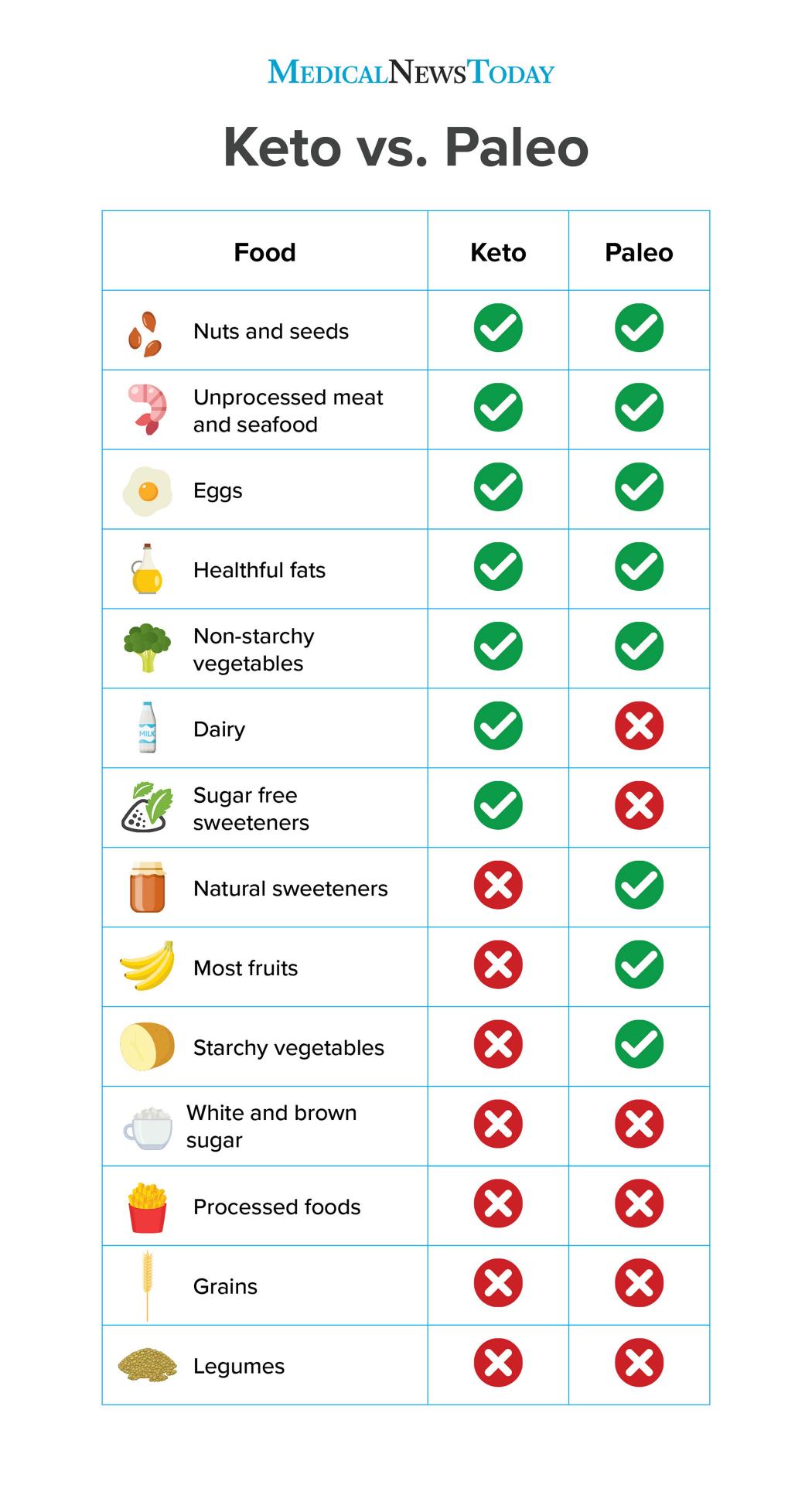The Keto Diet Guide - FAQs, Tips, and Science
The ketogenic diet, or keto diet plan, has actually been around for nearly 100 years. While this low-carb, high-fat diet plan has had occasional resurgences in appeal over that duration, brand-new research is triggering previous naysayers to now give it a review.
The keto diet plan has triggered controversy amongst dieters and nutritionists for its track record as a low-carb crash diet. However, brand-new research recommends that it might in truth be a legitimate healthy consuming plan.
The carbs discovered in foods like fruits, starches and sweet treats are broken down into glucose, which is the main source of energy in the body. It likewise increases the production of insulin, a hormonal agent that is utilized to shuttle glucose from the blood stream to the cells where it can be utilized as fuel.
On the ketogenic diet plan, carb consumption is very restricted, typically to around 30-- 50 grams of net carbs each day. This requires the body to search for other sources of energy to assist power the cells, which is where healthy fats like avocado, olive oil and grass-fed butter entered the picture. These fats can be broken down for fuel, leading to the production of ketone bodies in the blood and causing your body to enter a state of ketosis.
Like sugar, ketones serve as a type of energy to assist maintain the function of the tissues and cells to support total health. Nevertheless, ketones are frequently thought about a more efficient energy source than sugar, offering a higher quantity of energy for each system of oxygen made use of. Not just that, but maintaining optimum levels of ketones in the blood can also be advantageous for brain health, gut function, hormonal agent balance and energy levels. Changing into a state of ketosis can also turn your body from a sugar-burner into a fat-burning machine to crank up weight reduction and optimize your results at the health club.
Starting on the keto diet plan requires simply a couple of basic swaps. Start by cutting down on carbs and restricting your consumption to just 30-- 50 grams of net carbs daily, which is determined by deducting the grams of fiber from the total grams of carbs in a food. Stay with high-fiber, low-carb choices such as non-starchy vegetables, keto fruit and particular nuts and seeds to decrease carbohydrate count and start ketosis.

Next, begin increasing your consumption of heart-healthy fats such as avocado, coconut oil, ghee, grass-fed butter, fatty fish and olive oil. These foods assist support satiety and provide your body with an alternative source of fuel. Preferably, about 75 percent of your everyday calories should come from fat over the course of the day.
Finally, make certain to include a moderate quantity of protein in your diet, which is essential for immune function, tissue repair and muscle growth. Nevertheless, note that high quantities of protein can be converted into glucose, which can stall ketosis and prevent you from making progress.
For that reason, it's best to restrict your protein intake to about 15-- 20 percent of your overall daily calories. Premium protein foods such as meat, poultry, seafood and eggs are all terrific choices to guarantee you're getting a lot of nutrients in your diet plan while likewise supplying your body with the protein it needs.
Keep in mind that the more you limit your carbohydrate intake, the quicker you'll get in ketosis, and momentarily decreasing down to simply 15 grams of carbohydrates per day is often suggested to assist accelerate this process and minimize keto flu symptoms. Within simply a matter of days, signs like appetite, http://manueltzzh366.huicopper.com/the-keto-diet-plan-what-it-is-how-it-works-and-if-it-s-right-for-you fatigue and low energy usually diminish as the body transitions to ketosis and begins burning fat rather of sugar.
What can I expect as a result of the keto diet plan?
In addition to weight reduction, a boost in your energy levels, and feeling much "sharper" than regular, some individuals have reported a side effect understood as the "keto flu." It typically happens at the beginning of the diet and is an outcome of the body experiencing withdrawal from carbs. Signs of the keto flu can consist of fatigue, headache, irritability, lightheadedness, nausea, vomiting, muscle cramps, irregularity, and problem sleeping. Getting plenty of rest, making certain to replenish electrolytes, and staying hydrated are methods to assist combat the keto influenza symptoms. As the body changes to the keto diet plan, the symptoms need to disappear.
What Can You Eat On A Keto Diet?
Fats and Oils: These are a vital part of the keto diet, and you'll be trying to increase your fat intake quite a bit. The finest location to source your oils and fats is from natural sources such as nuts, seeds, avocados, coconut oil, butter and olive oil.
Protein: Protein is not that challenging to get, contrary to common belief, and you don't need a lot of it on the keto diet, too much protein is in fact detrimental. Meat can be consumed in moderate quantities, however depending where you are getting it from, you may need to represent the additional sugars and unwanted additives discovered. Again, nuts and seeds are also a great source of natural plant proteins.
Veggies: The keto diet plan recommends that you stay with mostly above ground veggies such as leafy greens like spinach, kale, broccoli etc. Frozen or fresh makes no distinction.
Fruits: Generally, fruits are prevented but an exception is produced small fruits like berries.
Beverages: try and stick to water just, as it is not just extremely advantageous but likewise has 0 calories and isn't going to upset the balance of nutrients within your body.
Foods to Avoid on Keto Diet
Grains And Grain Products: Grains are a big no-no on the keto diet plan, they're high in carbs and low in fats. Stay away from grains such as rice, quinoa, buckwheat, couscous and any grain items such as bread, pasta, noodles and so on
Root Vegetables: Also unadvised on the keto diet, root vegetables generally consist of much higher carbohydrate material than leafy greens and for that reason must be avoided
Legumes: All kinds of beans must be prevented, much to the disappointment of anyone who likes a three-bean salad.
Sugars: These are also a definite no-no. Improved sugars are not only extremely bad for you, but are basically just broken-down carbohydrates, so they'll knock you right out of ketosis. Sadly, this likewise includes most fruits too, so state goodbye to your morning healthy smoothie.
Alcohol: Not all alcohols are created equivalent, but in basic most alcohols consist of a reasonable quantity of carbohydrates and sugars, so they're best to be prevented.
Meat can be consumed in moderate amounts, however depending where you are getting it from, you may have to account for the undesirable ingredients and additional sugars discovered. Fine-tuned sugars are not only really bad for you, however are basically simply broken-down carbohydrates, so they'll knock you right out of ketosis.






